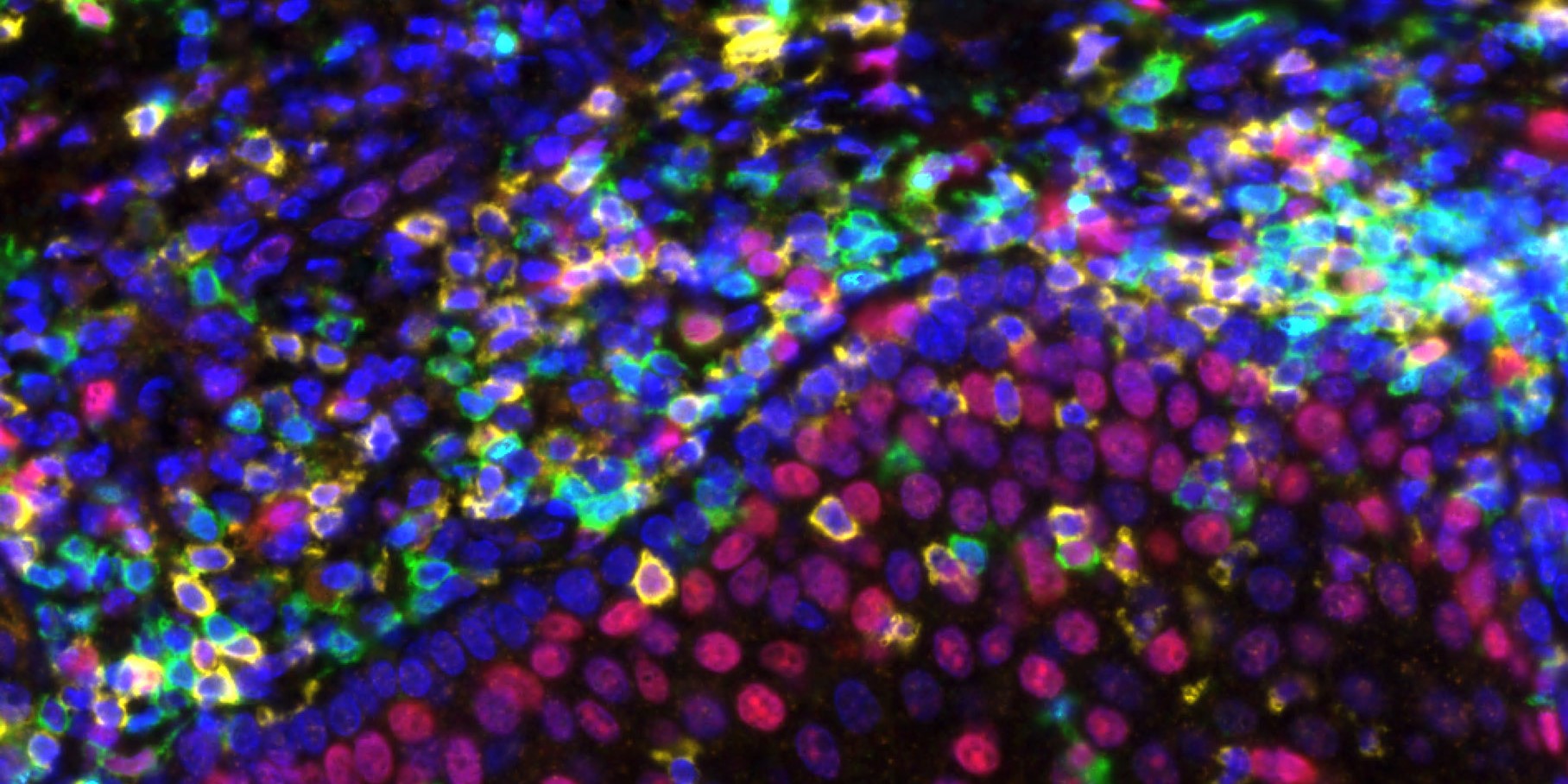The Role of Anti-Cancer Drugs in Tumor Immune Microenvironment

The efficacy responses of tumor patients treated with chemotherapy, targeted therapy, and immune checkpoint inhibitors (ICIs) vary greatly. Not all patients could benefit from chemotherapy, targeted therapy, and ICIs monotherapy treatment. Poor responses to anti-tumor drugs or drug resistance may be mainly caused by the complex and heterogeneous tumor microenvironment (TME). It has been reported that chemotherapy or targeted therapy could not only kill tumor cells directly, but also stimulate effective anti-tumor immune response and form a specific immune microenvironment state, which not only affects the efficacy of anti-tumor drugs but also may affect the efficacy of post-line treatment. Some ICI combined with chemotherapy drugs or small molecular inhibitors have been approved for first-line treatment of cancer, but the mechanism is still unclear. It may re-program the tumor immune microenvironment, or it may affect the specific metabolic pathway in the tumor immune microenvironment, or it may affect the microbial homeostasis in the tumor.
The purpose of this Article Collection is to emphasize the impact of anti-tumor drugs on the tumor immune microenvironment, discuss the changes and the potential challenges of TME in tumor patients treated with chemotherapy, targeted therapy, and immune checkpoint inhibitor (ICI), and provide a theoretical basis for the combined treatment of anti-tumor drugs or anti-tumor drug resistance through a new understanding of TME changes.
Guest advisors
Peng Luo(The University of Hong Kong, Pokfulam, Hong Kong SAR, China)
Haitao Wang(Center for Cancer Research, National Cancer Institute, National Institutes of Health, Bethesda, MD, USA)
Kai Miao(University of Macau, Macau SAR, China)
Linhui Wang(Second Military Medical University, Shanghai, China)